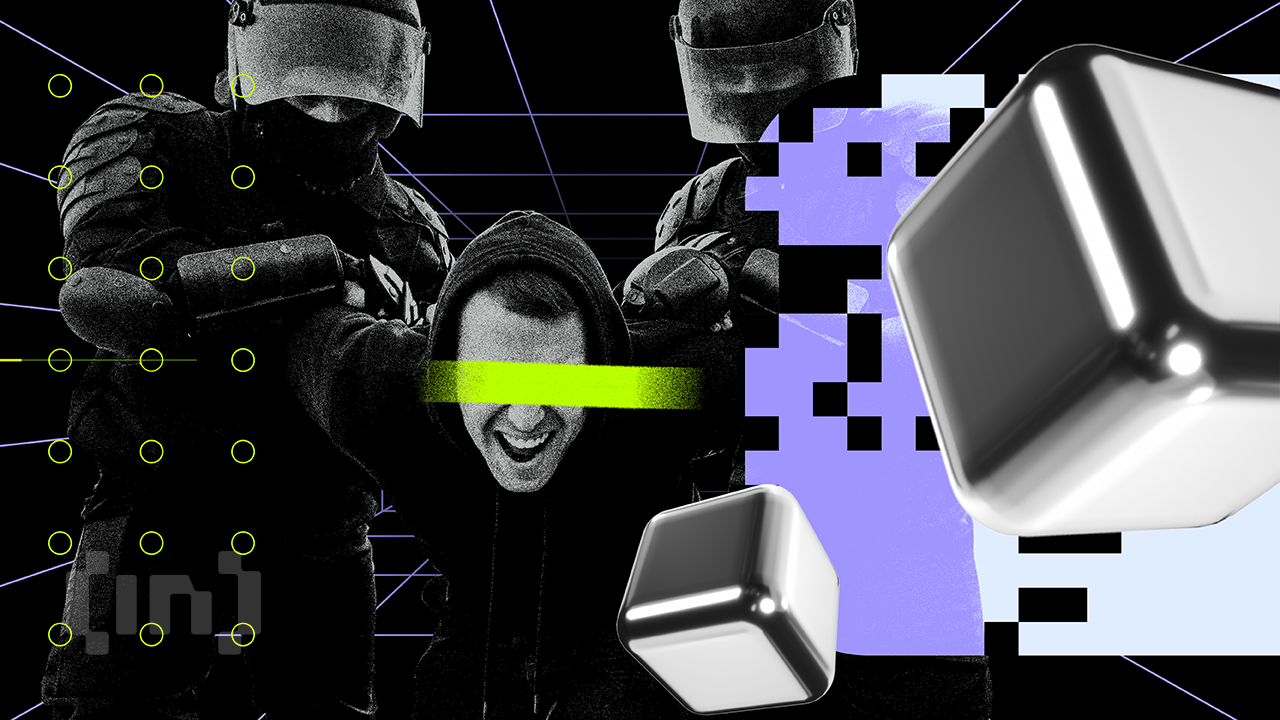
As political crises and unrest erupt across the globe, decentralized technology is emerging as a vital tool for communication. One standout example is Jack Dorsey’s decentralized messaging app, Bitchat, which recorded an impressive 48,781 downloads in Nepal in a single day — nearly 39% of its global adoption as of early September. This surge coincided with youth-led protests against corruption and a nationwide social media ban, thrusting Bitchat into the spotlight as a transformative tool for censorship resistance.
How Bitchat Works
Bitchat operates on innovative Bluetooth Low Energy (BLE) mesh networks, allowing devices to connect without relying on internet infrastructure. Messages are encrypted and hop between nearby devices within a 30-meter range, ensuring communication can continue even during government shutdowns. Additionally, Bitchat supports pre-signed Bitcoin transactions through its mesh network — a groundbreaking feature designed for decentralized financial transactions amidst crises. Notable features also include emergency wipe functionality and IRC-style chat rooms for streamlined topic-based discussions.
The Role of Decentralized Tools in Nepal’s Protests
Nepal’s political instability, entrenched corruption, and internet blackouts have greatly affected its population, particularly Gen Z activists. During a political crisis that resulted in at least 30 deaths and the resignation of Prime Minister KP Sharma Oli, authorities implemented wide-ranging censorship by blocking 26 social platforms, including Facebook and YouTube. For thousands of young Nepalese, Bitchat became a lifeline, allowing them to bypass restrictions and stay connected during the unrest.
The app’s spike in downloads symbolizes the increasing reliance on decentralized technologies, dubbed “freedom tech,” among activists worldwide. Similar adoption trends were observed in other countries facing protests, with Indonesia logging 12,581 downloads during demonstrations against police violence and parliamentary allowances, while Russia recorded 8,749 downloads amidst political crackdowns.
Global Implications and Future of “Freedom Tech”
The rise of apps like Bitchat highlights a growing appetite for censorship-resistant technologies in an era of increasing government crackdowns on freedom of speech. Nations like Nepal, plagued by deep-rooted corruption (Transparency International ranks Nepal 107th on its 2024 Corruption Perceptions Index), have turned “freedom tech” into essential solutions for advocating change and holding leaders accountable.
For users looking to safeguard their communication, consider combining decentralized tools with security-focused devices like the Apple iPhone, known for its strong privacy protections. Explore the latest iPhone models at Apple’s website.
Conclusion
Bitchat’s success story in Nepal serves as a reminder of the importance of protecting digital freedoms amid growing political censorship. As more individuals in affected regions turn to decentralized solutions, the development and adoption of technologies like Bitchat will likely continue to expand globally, reshaping how populations communicate during crises.





